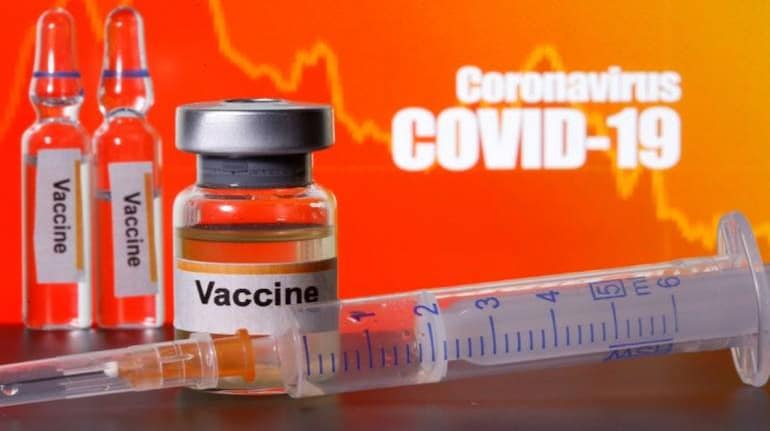



Most people will not need a COVID-19 vaccine, UK-based epidemiologist professor Sunetra Gupta has said as the world anxiously waits for a jab for the respiratory illness caused by the coronavirus that continues to spread unchecked.
Gupta, who teaches theoretical epidemiology at Oxford University, is often referred to as ‘Professor Reopen’ for opposing lockdowns as a long-term measure to check the spread of the pandemic.
For live updates on coronavirus, click here
According to a Hindustan Times report, she said when the vaccine is found, it will be given only to the vulnerable sections-- people aged above 65 and those living with co-morbidities.
“What we’ve seen is that in normal, healthy people, who are not elderly or frail or don’t have comorbidities, this virus is not something to worry about no more than how we worry about flu…,” the newspaper quoted her as saying.
“The vaccine, when it will come into existence, will be used to support the vulnerable, most of us don’t need to worry about coronavirus.”
Gupta said the pandemic would die out naturally and become a common like influenza, possibly with a lower death toll.
She went on to say that while lockdowns helped in containing the spread of the virus, they would not work as a long-term measure for which non-pharmaceutical interventions would be necessary.
Even in countries where the lockdown was successful, a resurgence of the coronavirus has been reported, the Oxford professor said.
In India, too, the number of coronavirus cases has been rising after easing of lockdown restrictions, with the tally of known infections crossing six lakh on July 2. More than 17, 834 people have died. India went into lockdown on March 25
Follow our coverage of the coronavirus crisis here
Discover the latest Business News, Sensex, and Nifty updates. Obtain Personal Finance insights, tax queries, and expert opinions on Moneycontrol or download the Moneycontrol App to stay updated!
Find the best of Al News in one place, specially curated for you every weekend.
Stay on top of the latest tech trends and biggest startup news.